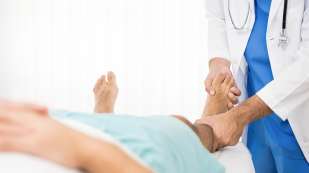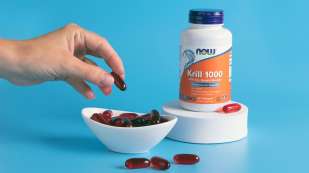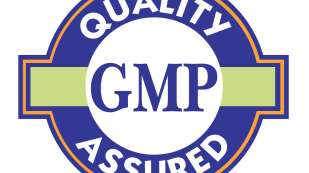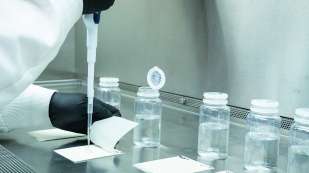25% off a $40+ order with coupon code:
FLOWERS†Sports Nutrition for Optimal Recovery - Head Injury or Surgery
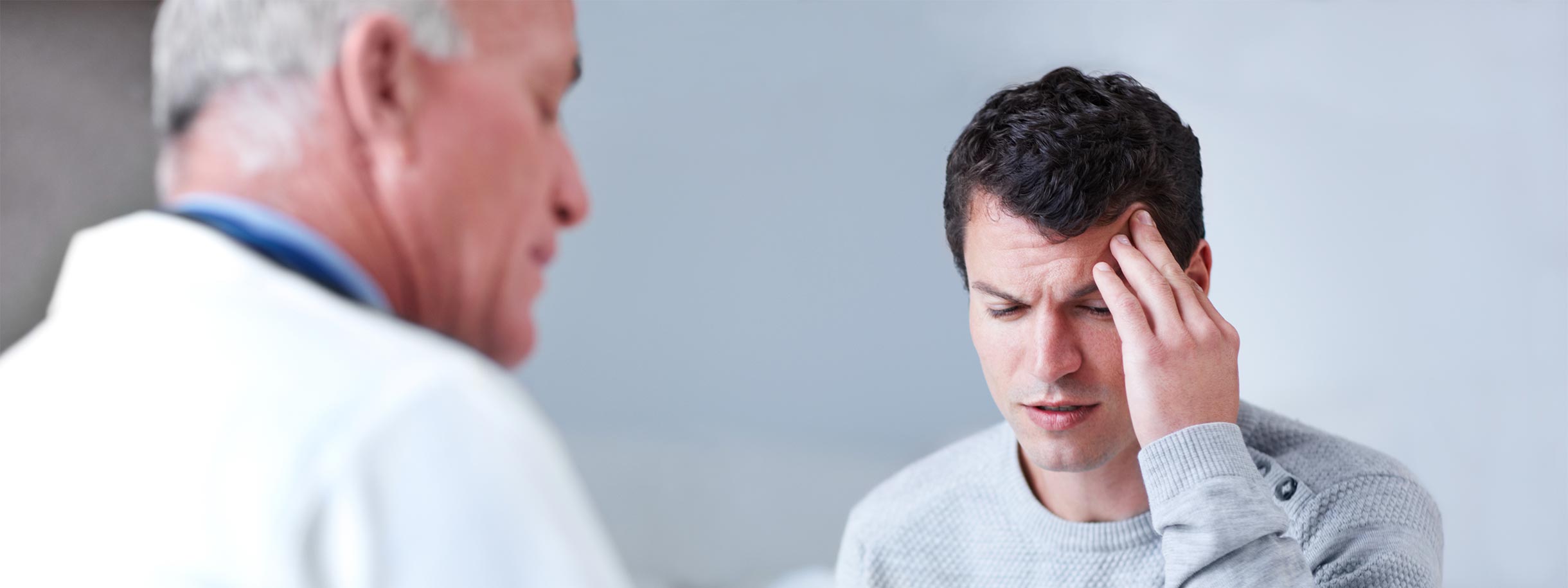
Author: Dana Angelo White, MS, RDN, ATC
Athletes often require surgical procedures and sustain head injuries. There is no one-size-fits-all protocol for these types of injuries but there are steps any athlete can take to optimize fueling and facilitate recovery.
Digestive Woes
Limited activity can often lead to a suppressed appetite. Pain medication or concussion symptoms may cause GI issues including loss of appetite, nausea and constipation - all leading to a lessened interest in food. Since calories provide fuel for healing, try these 5 tips to help re-establish food intake:
- Let go of traditional mealtimes – there is no need to stick to traditional mealtimes, eat whenever feels good to help stimulate hunger drive.
- Liquid calories – sometimes calorie dense drinks are more easily tolerated, reach for smoothies, milkshakes, flavored milks and 100% fruit juice to help increase calories.
- Eat small, frequent meals – avoid long stretches without any food, small and consistent bites spread throughout the day is a great place to start.
- Focus on fiber – fight off constipation by eating fiber rich produce, grains, legumes, nuts and seeds.
- Talk to your doc: there may be medications you can take to help stimulate appetite and control nausea.
Head Injury
Research on concussion treatment continues to evolve but managing the inflammation that accompanies this type of injury can be helpful. A diet including fatty fish high in omega-3 fats may be beneficial in recovery from a head injury. More data is needed on the amounts needed, but since many athletes fall short on their baseline needs for omega-3s, consuming fish oil is a good place to start.
Surgical Procedures
Surgery will illicit inflammation and often require some degree of short or long-term immobilization. Focus on plentiful hydration and foods that fight inflammation including fruits, vegetables, whole grains, nuts, seeds and fatty fish, while steering clear of foods like processed meats and fried foods that are pro-inflammatory.
Don’t Forget to Rest
Prioritizing recovery and sleep are two of the most important things athlete can do to heal. Recover with protein, carbs, fluids and electrolytes after all rehab sessions. Optimize sleep by creating a consistent sleep schedule and getting in nutrients like protein, magnesium and calcium before bed.
A Dietary Supplement For Healing
There is also data to support supplementation with creatine monohydrate may support the body’s normal healing process.* Dosage guidelines vary between 5g and 20g per day. Work with a qualified sports dietitian to determine the most appropriate dose.
Supplements to Consider
Consult with your medical provider if taking prescription medications for a surgical procedure or head injury.

Krill Oil
A 2023 clinical study found that 3 grams/day of Krill Oil supplementation and continued supplementation after exercise can alleviate exercise-induced muscle damage (EIMD) and promote post-exercise recovery.*

Creatine Monohydrate
Use 5 grams a day dissolved in at least 8 fluid oz of liquid of choice following rehab session every day. Consider higher doses up to 20g per day when consulting with a sports dietitian.


References
-
Finnegan E, Daly E, Ryan L. Nutritional Considerations of Irish Performance Dietitians and Nutritionists in Concussion Injury Management. Nutrients. 2024 Feb 9;16(4):497. doi: 10.3390/nu16040497. PMID: 38398823; PMCID: PMC10891776.
-
Patch CS, Hill-Yardin EL, Lewis M, Ryan L, Daly E, Pearce AJ. Curr Neurol Neurosci Rep. 2021 Jul 6;21(9):45. doi: 10.1007/s11910-021-01132-z. PMID: 34227043.
-
Patch CS, Hill-Yardin EL, Lewis M, Ryan L, Daly E, Pearce AJ. Curr Neurol Neurosci Rep. 2021;21(9):45.
-
Simeng Yang, Qing He, Lijun Shi, Ying Wu. Impact of Antarctic krill oil supplementation on skeletal muscle injury recovery after resistance exercise. Eur J Nutr 2023 Apr; PMID: 36566465 DOI: 10.1007/s00394-022-03077-6
References
*These statements have not been evaluated by the Food and Drug Administration. These products are not intended to diagnose, treat, cure or prevent any disease.

